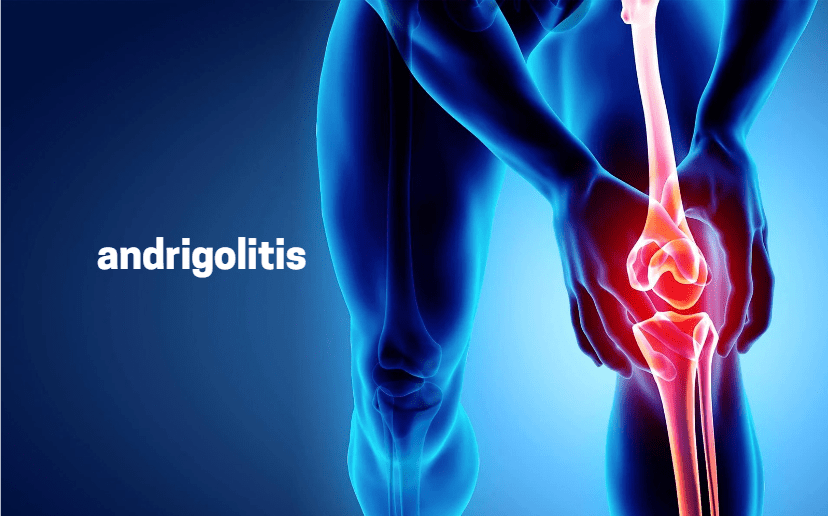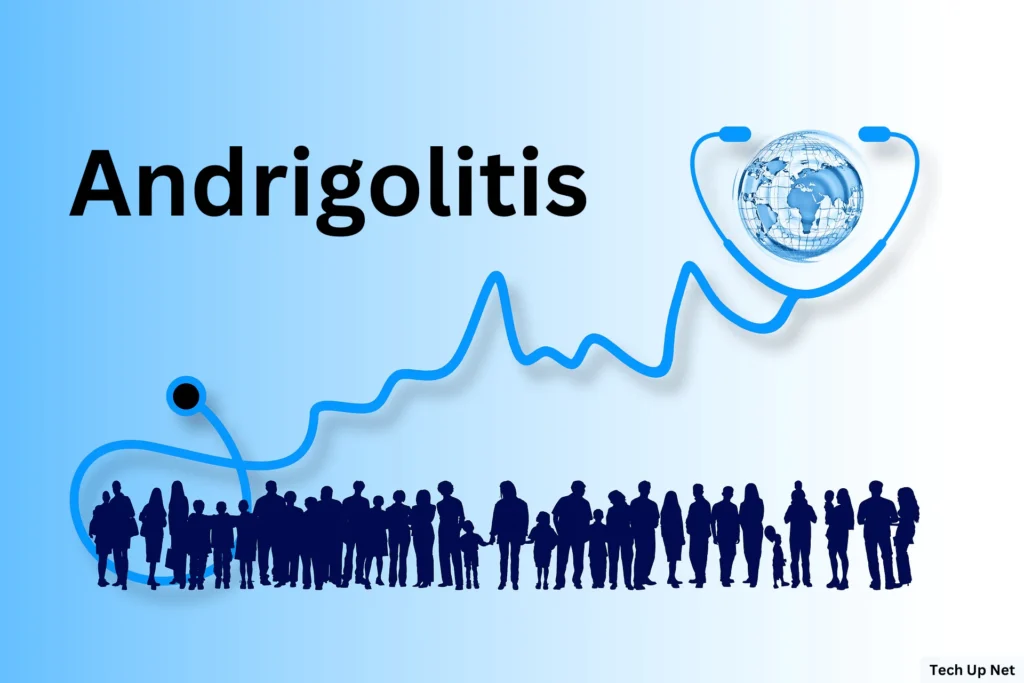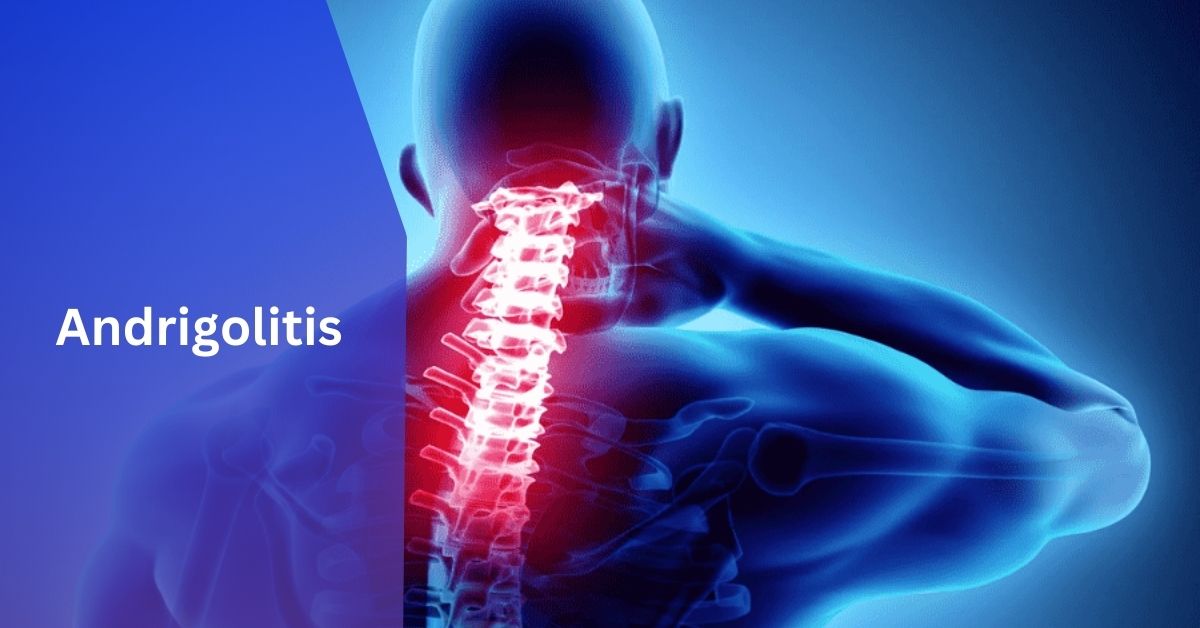Andrigolitis is a complex medical condition affecting multiple systems within the body, leading to a range of symptoms and complications. This article provides an in-depth exploration of andrigolitis, covering its causes, symptoms, diagnosis, treatment options, and potential complications. By understanding this condition, individuals can be better equipped to manage it and seek appropriate care.
What Is Andrigolitis?
Andrigolitis is a rare medical condition characterized by inflammation that affects various systems in the body. The condition can lead to a wide array of symptoms, depending on which organs or systems are involved. The underlying cause of andrigolitis is often linked to autoimmune responses, infections, or other medical conditions that trigger systemic inflammation.
Causes Of Andrigolitis:

Autoimmune Reactions
One of the primary causes of andrigolitis is autoimmune reactions, where the body’s immune system mistakenly attacks its own tissues. This can lead to chronic inflammation and damage to affected organs. Autoimmune diseases such as lupus and rheumatoid arthritis are often associated with andrigolitis.
Infections
Certain infections can trigger andrigolitis, especially when they cause widespread inflammation throughout the body. Bacterial, viral, or fungal infections can lead to an overactive immune response, resulting in symptoms characteristic of andrigolitis.
Genetic Predisposition
Genetic factors may also play a role in the development of andrigolitis. Individuals with a family history of autoimmune disorders or inflammatory conditions may have an increased risk of developing andrigolitis.
Environmental Triggers
Environmental factors, such as exposure to toxins or certain medications, can contribute to the onset of andrigolitis. These triggers can provoke an inflammatory response in susceptible individuals.
Symptoms Of Andrigolitis:
General Symptoms
Andrigolitis can present a wide range of symptoms, which may vary depending on the systems affected. Common symptoms include:
- Fatigue: Persistent tiredness and lack of energy.
- Fever: Elevated body temperature due to inflammation.
- Pain: Joint, muscle, or body pain as a result of inflammation.
Also Read: iCloud.com Email – Access iCloud Mail Now!
Organ-Specific Symptoms
Depending on which organs are involved, individuals with andrigolitis may experience specific symptoms:
- Respiratory System: Difficulty breathing, cough, or chest pain if the lungs are affected.
- Digestive System: Abdominal pain, diarrhea, or nausea if the gastrointestinal tract is involved.
- Cardiovascular System: Heart palpitations, chest pain, or elevated heart rate if the heart is affected.
Neurological Symptoms
In some cases, andrigolitis can affect the nervous system, leading to symptoms such as:
- Headaches: Persistent or severe headaches due to inflammation in the brain.
- Numbness or Tingling: Sensations of numbness or tingling in extremities.
- Cognitive Difficulties: Issues with memory, concentration, or mental clarity.
Diagnosing Andrigolitis:

Medical History and Physical Examination
The diagnosis of andrigolitis begins with a thorough medical history and physical examination. Healthcare providers will inquire about symptoms, family history, and potential triggers to identify patterns that may indicate andrigolitis.
Laboratory Tests
Laboratory tests can help confirm the diagnosis by measuring inflammation markers, such as C-reactive protein (CRP) and erythrocyte sedimentation rate (ESR). Additionally, tests for specific antibodies associated with autoimmune diseases may be conducted.
Imaging Studies
Imaging studies, such as X-rays, CT scans, or MRIs, can provide detailed information about the extent of inflammation and damage to affected organs. These studies help healthcare providers assess the severity of the condition and guide treatment decisions.
Treatment Options For Andrigolitis:
Medications
The treatment of andrigolitis often involves medications to control inflammation and manage symptoms. Common medications include:
- Nonsteroidal Anti-Inflammatory Drugs (NSAIDs): Used to reduce pain and inflammation.
- Corticosteroids: Powerful anti-inflammatory drugs that help control severe inflammation.
- Immunosuppressants: Medications that suppress the immune system to prevent it from attacking the body’s tissues.
Also Read: Farsiplex.Com – The Ultimate Resource For Persian Movies And Tv Series!
Lifestyle Modifications
Lifestyle modifications can play a significant role in managing andrigolitis. These modifications may include:
- Dietary Changes: Adopting an anti-inflammatory diet rich in fruits, vegetables, and omega-3 fatty acids.
- Exercise: Engaging in regular physical activity to maintain joint function and overall health.
- Stress Management: Practicing stress-reduction techniques, such as meditation or yoga, to minimize symptom flare-ups.
Physical Therapy
Physical therapy can be beneficial for individuals with andrigolitis, especially those experiencing joint pain or mobility issues. A physical therapist can design a personalized exercise program to improve strength, flexibility, and overall function.
Surgical Interventions
In severe cases, surgical interventions may be necessary to address complications resulting from andrigolitis. Surgical options may include:
- Joint Replacement: Replacing damaged joints with artificial ones to restore function and reduce pain.
- Organ Repair: Surgical procedures to repair or remove damaged organs affected by chronic inflammation.
Potential Complications Of Andrigolitis:

Organ Damage
Chronic inflammation associated with andrigolitis can lead to permanent damage to affected organs. This damage may result in impaired function or failure of vital systems, such as the heart, lungs, or kidneys.
Increased Risk of Infections
Individuals with andrigolitis may have a compromised immune system, increasing their susceptibility to infections. This risk is particularly heightened in those taking immunosuppressant medications.
Emotional and Psychological Impact
Living with a chronic condition like andrigolitis can take an emotional toll on individuals. Feelings of frustration, anxiety, or depression may arise due to the challenges of managing symptoms and the impact on daily life.
Coping Strategies For Andrigolitis:
Support Networks
Building a strong support network is crucial for individuals with andrigolitis. Support from family, friends, and healthcare professionals can provide emotional and practical assistance.
Also Read: Obstroculous – Insights, Impacts, And Management Strategies!
Education and Awareness
Educating oneself about andrigolitis can empower individuals to take an active role in their care. Understanding the condition and its management options can lead to more informed decisions and improved outcomes.
Mental Health Support
Seeking mental health support through counseling or therapy can help individuals cope with the emotional challenges of living with andrigolitis. Mental health professionals can provide strategies for managing stress, anxiety, and depression.
FAQ’s:
1. Is andrigolitis considered a rare disease?
Yes, andrigolitis is considered a rare disease due to its low prevalence and the challenges in diagnosis. Research is ongoing to better understand its epidemiology and develop more effective treatments.
2. What role do stress management techniques play in managing andrigolitis?
Stress management techniques, such as meditation and yoga, can help reduce stress and improve coping skills, contributing to overall well-being and symptom management.
3. How can individuals with andrigolitis cope with their condition?
Coping strategies include building support networks, seeking mental health support, and educating oneself about the condition and its management.
4. Is andrigolitis a hereditary condition?
Genetic predisposition may increase the risk of developing andrigolitis, especially in individuals with a family history of autoimmune disorders or inflammatory conditions.
5. What is the long-term outlook for individuals with andrigolitis?
The long-term outlook depends on the severity of the condition and the effectiveness of treatment. With appropriate management, individuals can improve their quality of life and reduce complications.
6. What are the long-term management strategies for andrigolitis?
Long-term management includes regular monitoring by healthcare professionals, adherence to prescribed medications, lifestyle modifications, physical therapy, and ongoing patient education to manage symptoms and improve quality of life.
Closing Remarks:
Andrigolitis is a complex and multifaceted condition that requires a comprehensive approach to diagnosis and management. By understanding its causes, symptoms, and treatment options, individuals can work with healthcare providers to develop effective strategies for managing andrigolitis. Continued research and education are essential to improving outcomes and quality of life for those affected by this condition.
Read More:








